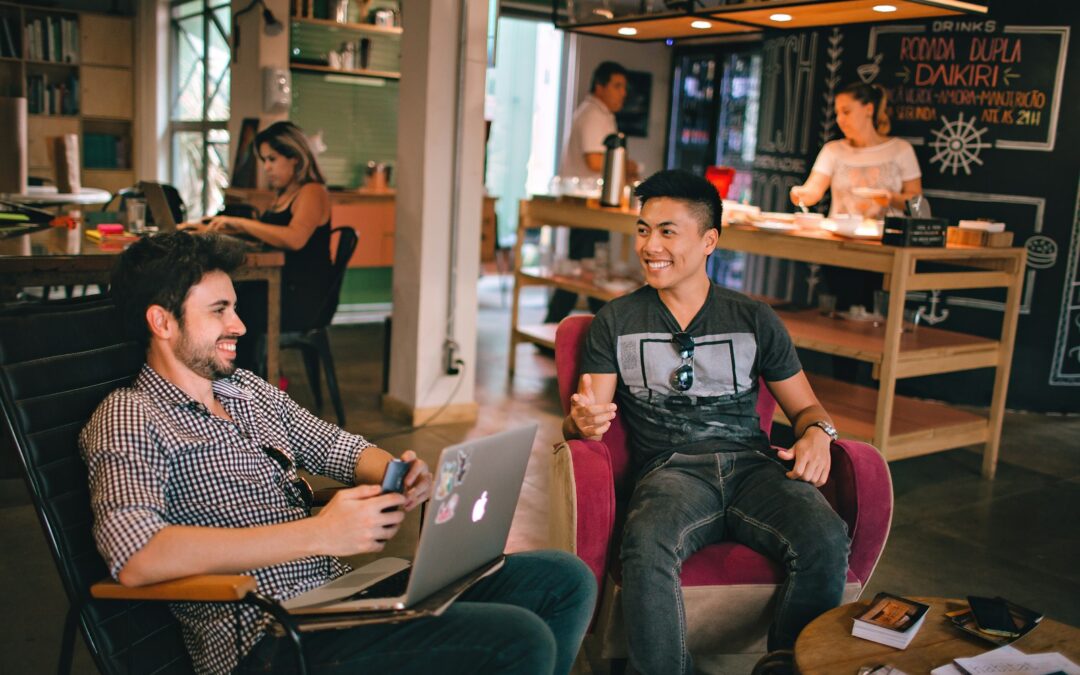Mastering LinkedIn Research to Enhance Your Networking Success
The Role of LinkedIn Networking Research
Using LinkedIn Networking Research before attending networking events is a strategic way to ensure your interactions are impactful and targeted. LinkedIn provides a wealth of information that can help you prepare for events, whether in-person or virtual. By researching attendees, speakers, and companies in advance, you equip yourself with insights that can spark meaningful conversations and create lasting professional relationships.
In today’s fast-paced business world, particularly in innovation-driven economies like Switzerland, executives, mid-level managers, and entrepreneurs need more than just a good handshake. They require a well-thought-out strategy for engaging with potential business partners, mentors, or clients. This is where LinkedIn shines as a research tool, offering access to detailed profiles, career histories, and mutual connections that can set the stage for fruitful discussions.
Before you attend a networking event, take time to review the list of attendees. LinkedIn allows you to search for people based on the event’s participants, filtering by industry, location, or even specific skills such as blockchain, AI, or digital transformation. This research provides you with valuable context, enabling you to tailor your conversations to align with their professional focus. For instance, if you know that someone you’d like to meet specializes in project management in Switzerland’s tech sector, you can steer the conversation toward your shared industry challenges and opportunities.
Using LinkedIn Tools for Effective Research
LinkedIn offers several powerful tools that can assist you in gathering the necessary information for a networking event. One of the most useful is LinkedIn’s “Search” function, which allows you to filter potential connections by industry, location, job title, or even shared connections. This helps you identify key figures who may be attending an event, such as CEOs, project managers, or innovation leaders in digital transformation.
Additionally, the “Event” feature on LinkedIn lets you see who else is attending a specific networking event. You can explore profiles, learn about their companies, and understand their professional journeys. This information can help you identify talking points and plan the questions you might ask during the event. For instance, if you’re attending an event in Zurich focused on AI, researching other attendees with a background in AI integration could lead to insightful conversations and opportunities for collaboration.
Another valuable tool is LinkedIn Groups, where you can engage in pre-event discussions. Many professional networking events have associated LinkedIn groups where members share insights or introduce themselves before the event. By actively participating in these conversations, you position yourself as engaged and knowledgeable, building rapport with other participants before you even meet them. For example, contributing to a discussion on digital transformation or blockchain in Switzerland could establish you as an expert in the field, leading to deeper connections during the event.
How LinkedIn Research Can Maximize Your Networking Event Experience
Building a Strategic Networking Plan with LinkedIn
A key element of LinkedIn Networking Research is building a strategic networking plan before the event. This involves identifying who you want to meet, why you want to connect with them, and how you can add value to their professional journey. LinkedIn helps you do this by offering a clear view of potential connections’ career backgrounds, current roles, and professional achievements.
Start by reviewing the profiles of the top individuals you want to connect with at the event. Note their career highlights, recent projects, or shared connections, and use this information to craft a personalized conversation starter. For instance, if you’re looking to connect with someone who recently led a successful blockchain initiative in Switzerland, you could ask them about the challenges they faced or how they foresee blockchain evolving in their industry.
In addition to identifying key individuals, be sure to research their companies. Understanding the business challenges they are facing can help you provide relevant insights during your conversation. This is particularly important if you’re attending an event focused on digital transformation or modern technology. Having an informed perspective on a company’s market positioning or recent developments can turn a casual interaction into a meaningful connection that might open doors to future collaborations or business partnerships.
Using LinkedIn Post-Event for Follow-Up and Engagement
The power of LinkedIn Networking Research doesn’t stop once the event ends. One of the most important aspects of networking is the follow-up, and LinkedIn provides the perfect platform for doing this effectively. After the event, send personalized connection requests to the individuals you met, referencing specific topics you discussed or shared interests. This reinforces your conversation and keeps you top of mind.
Following up goes beyond just sending a connection request. To maintain the relationship, engage with their posts, comment on their articles, or share content that aligns with their professional interests. If someone you connected with at the event posts about AI or digital transformation, add a thoughtful comment or even share additional resources that might be of value. This kind of ongoing engagement helps nurture the relationship, turning initial connections into long-term professional partnerships.
Moreover, LinkedIn provides an opportunity to stay informed about your new connections’ career progress. Through regular updates and interactions, you can build a rapport that extends beyond the event, positioning you as a valuable member of their professional network. Whether it’s through liking their posts or sending occasional messages of support, staying engaged on LinkedIn helps solidify the relationships you initiated at the networking event.
Conclusion: The Value of LinkedIn in Networking Success
In conclusion, leveraging LinkedIn Networking Research is a highly effective way to prepare for and maximize your success at networking events. From researching attendees and identifying key figures to maintaining relationships post-event, LinkedIn offers a wealth of tools to make your networking efforts more strategic and impactful. By doing your homework ahead of time, crafting personalized conversations, and following up with meaningful engagement, you can turn casual networking events into opportunities for long-term professional growth.
—
#NetworkingTips #ConnectWithMe #LinkedInConnections #NetworkingEvent #AlumniNetwork #BusinessNetworking #BuildYourNetwork #Mentorship #IndustryConnections #NetworkingForSuccess

